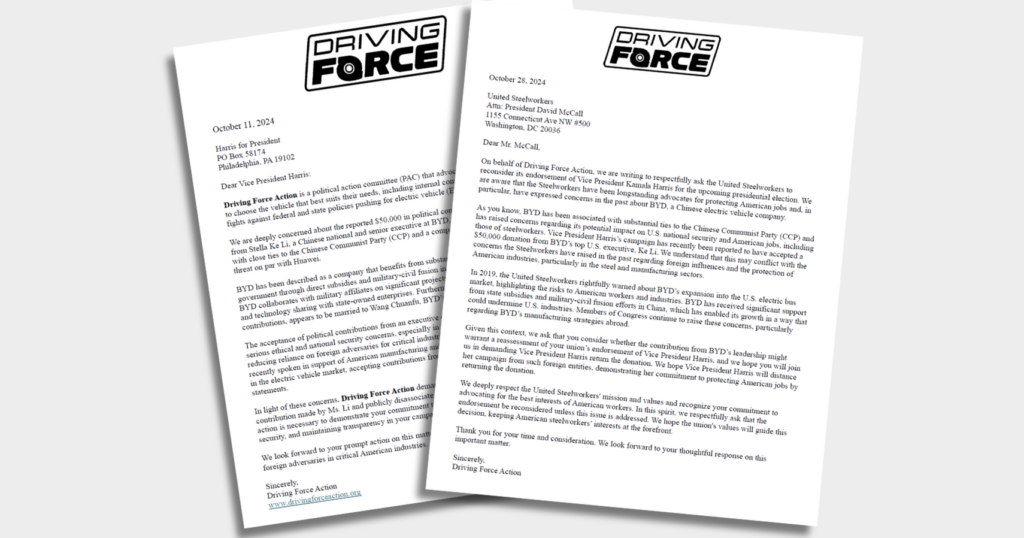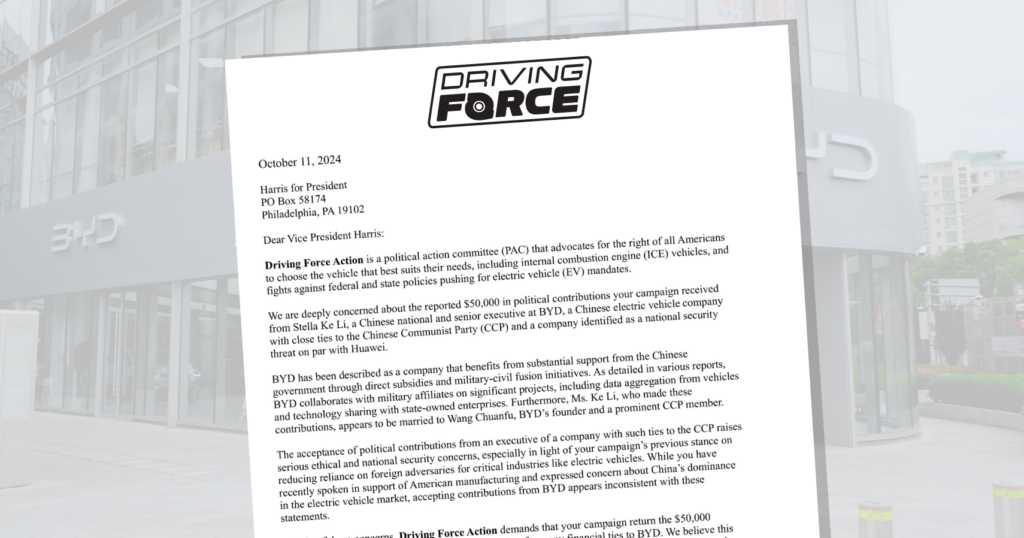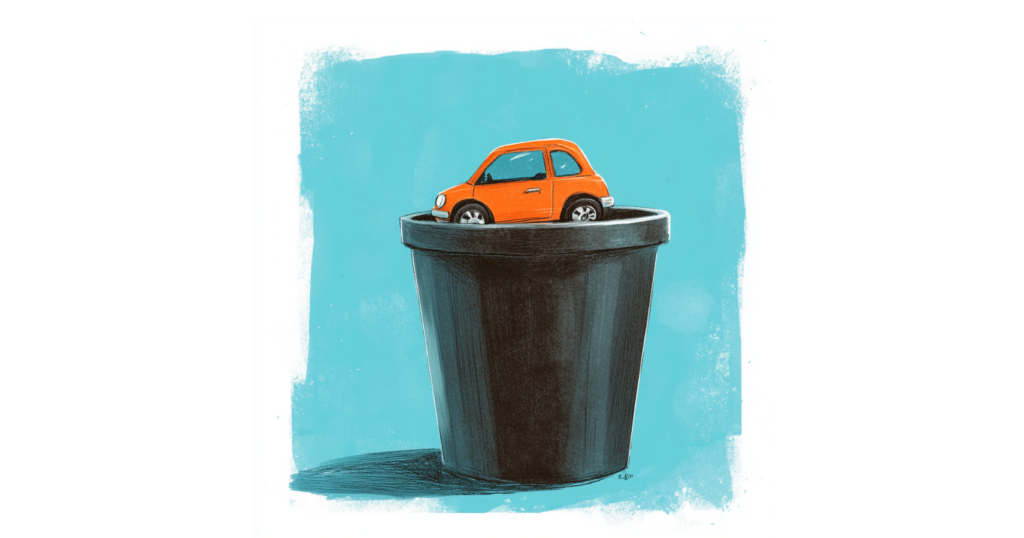As the number of electric vehicles (EVs) on the road increases, concerns are emerging about whether existing safety infrastructure can handle their significantly greater weight. Many EVs weigh substantially more than traditional gas-powered cars, with some electric pickups tipping the scales at 7,000 pounds—up to 2,000 pounds heavier than their gasoline counterparts. This added weight poses a serious challenge to current guardrails and barriers, which are designed to withstand impacts from vehicles weighing around 5,000 pounds. Recent tests, including a crash of an electric pickup into a freeway barrier, showed that while the barriers contained the vehicle, they were severely compromised, sending chunks of concrete flying and shifting the barriers much more than usual. This raises alarms about the safety of EVs in accidents and the ability of current infrastructure to protect both EV drivers and other motorists.
Safety experts, including the Insurance Institute for Highway Safety and National Transportation Safety Board, have voiced concerns that the increased mass of EVs could result in more severe crashes, particularly in cases where vehicles leave the road. Guardrails and other roadside safety features are currently rated for much lighter vehicles, which could lead to dangerous failures when struck by heavier EVs. With projections suggesting that half of all new car sales will be EVs by 2032, there is an urgent need to reevaluate and upgrade roadside safety measures to address this growing issue before it leads to an increase in fatal accidents.











